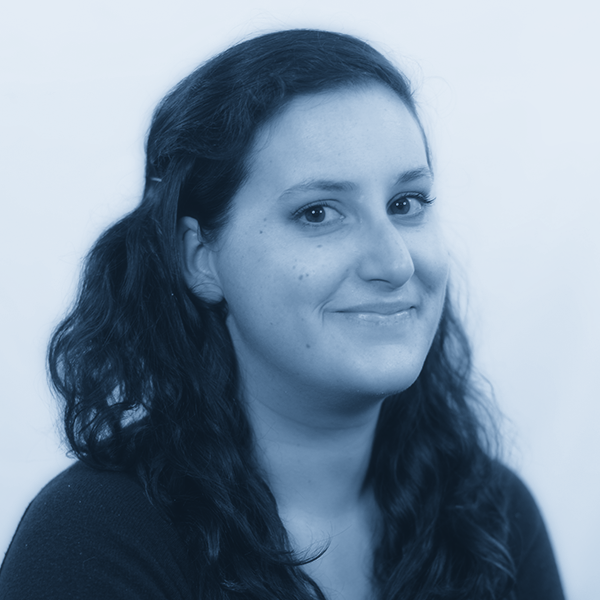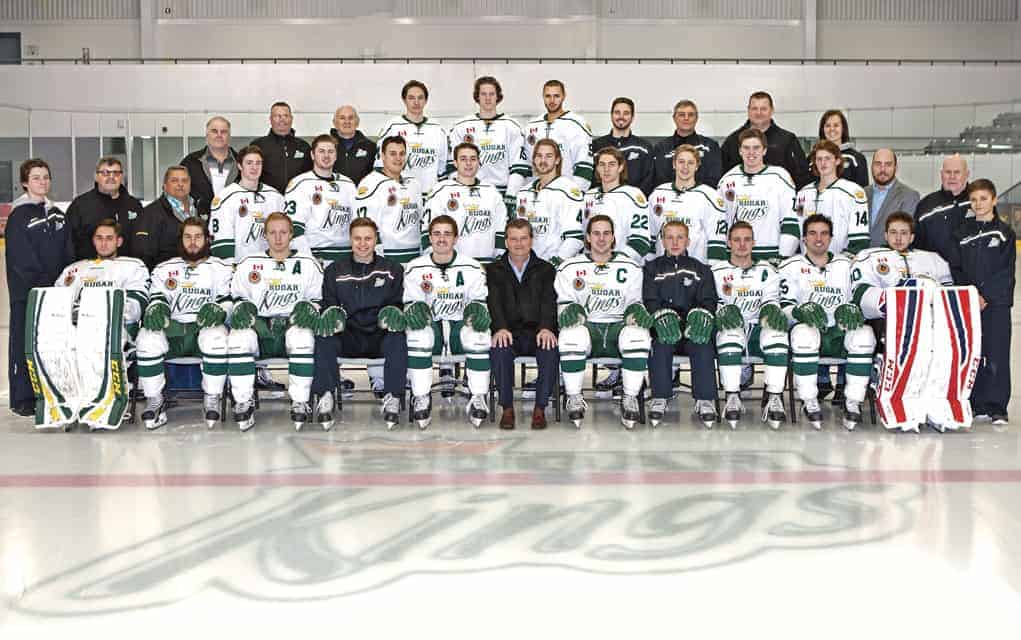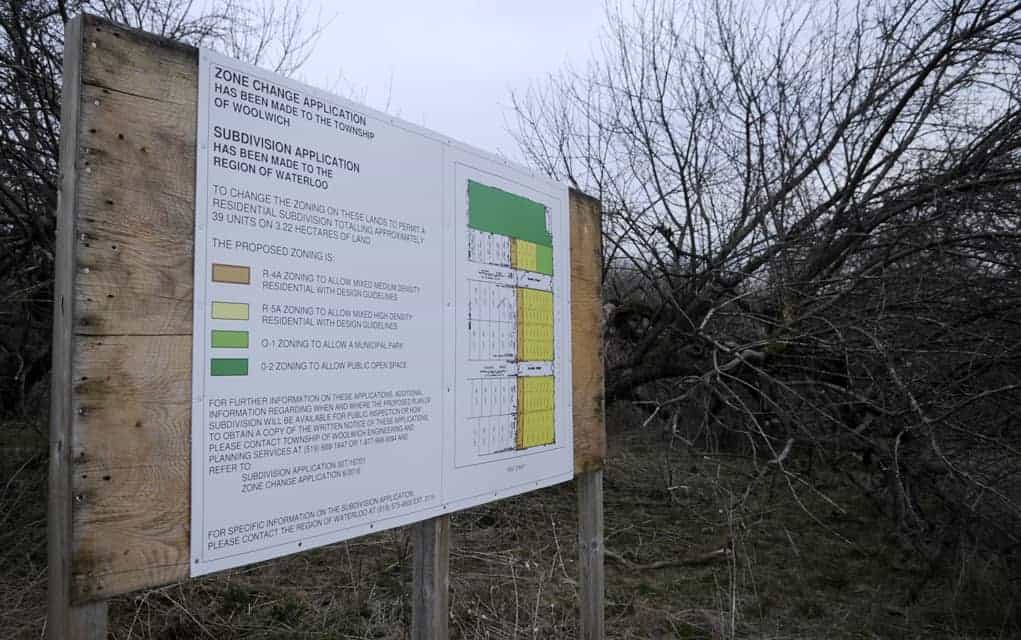Canadian Paralympian and disability advocate Rick Hansen brought his message of perseverance to Home Hardware’s Spring Market on Tuesday as their keynote speaker, incorporating the retailer’s theme of “Good to Great” into his message.
“In reality, good to great is a never-ending pursuit and for all of us it’s about each and every one of us coming together. It’s pursuing our own life journey and it’s being able to share the things that bind us together because the simplest things are the most important things during times of fierce competition or personal challenges or just trying to deal with setbacks along the way,” Hansen said.
Hansen became a paraplegic when he was 15 years old after injuring his spinal cord when the pickup truck he was a passenger in flipped over. He’s best known for his Man in Motion World Tour when he travelled 44,000 kilometres around the world in his wheelchair, equivalent to the circumference of the Earth. In the process he raised some $26 million for spinal cord research.
Growing up athletic, one of his biggest childhood dreams was to represent Canada in the Olympic Games.
“Good to great isn’t just about believing that anything’s possible. Focus is the key. And I decided I would focus on one amazing sport, I focused on track,” Hansen said.
He represented Canada in the Paralympic Games in 1980 and 1984 and carried in the Olympic flame during the 2010 Winter Olympics opening ceremony in Vancouver.
The accident at the tender age of 15 taught him the importance of perseverance in a big way.
“I was strapped to that bed and about ready to give up probably the most important thing in life, that’s hope. I thought there must be something that I can do. Maybe I could focus on starting to work my arms and I asked a physiotherapist to come in and strap some rubber bands on the side of the bed that I was strapped to,” Hansen said.
And that’s where he started. He worked his arms until he found a new goal, which was to sit up in a normal bed for the first time for his 16th birthday, two months after he landed in the hospital.
“The biggest barriers were the barriers in my mind. I hadn’t known anyone with a disability before. I had no idea what life would be like,” Hansen said.
Determined to live his active life regardless of whether or not he could move his legs, Hansen modified a kayak with a seatbelt and ripcord so he could eject himself if he flipped over. One day he was paddling alone in Vancouver and had left his wheelchair on the dock. About an hour later he noticed emergency vehicles. They had seen the empty wheelchair and tracks in the snow and assumed someone had fallen in because nobody expected someone who needs a wheelchair to be out kayaking. The police officer had a word of advice before he left.
“He leans over to me and says ‘hey buddy, do me a favour. Next time you’re out paddling put a sign on the back of that chair that says gone kayaking.’ I said to myself, ‘I’m going to do something about those attitudes one day,’” Hansen said.
Hansen was originally rejected in his attempts to join the physical education program at the University of British Columbia, but eventually became the university’s first graduate in physical education who had a physical disability.
“I spent that first year there and I convinced them that I was the guy and they accepted me in. And eventually I graduated and it was a phenomenal renaissance for me, learning and growing, constantly thinking about possibilities, gaining new skills on the road to good to great, never being satisfied with where you’re at, always believing that life is a journey,” Hansen said.
He recalls one time when he was speeding up a hill to get to his next class, when a young woman was walking up the hill as fast as she should. When he passed her she asked if he needed a push up the hill. Instead, he offered her a ride in his wheelchair.
“She sees guy in wheelchair who needs help. I see opportunity,” Hansen says with a laugh.
Hansen is president and CEO of the Rick Hansen Foundation, which was created at the end of his Man in Motion tour, and travels across Canada inspiring others.
“We have the opportunities to either complain, find humour, help educate, and finally do something about the things that we’ve experienced in our lives.”









